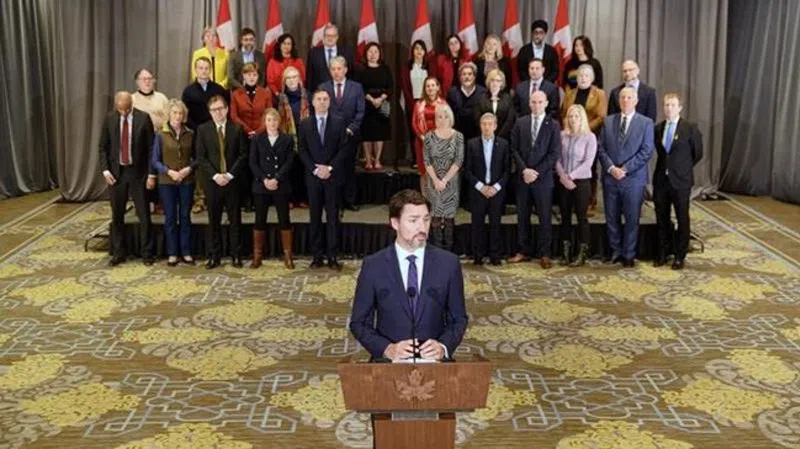
Liberals aim to find common ground when Parliament resumes next week
WINNIPEG — Prime Minister Justin Trudeau is hoping to apply the same spirit of solidarity that saw Canadians pull together during recent disasters to get things done in a minority Parliament.
Parliament returns next week for its first extended sitting since the fall federal election reduced the Liberals to a minority, forcing them to rely on support from opposition benches to pass legislation and survive confidence votes.
But with Newfoundlanders still digging out from under a massive snow storm and the country still mourning the loss of so many Canadians in Iran’s downing of a Ukrainian passenger jet, it’s not likely to be politics as usual — at least not right away.
For his part, Trudeau said he intends to appeal to opposition MPs to pull together in common cause, as Canadians have done throughout the past few traumatic weeks.
